Tissue donation
Organ donation is always our priority, because lives are at stake – but not everyone can become an organ donor. When organ donation is not medically feasible, we are committed to identifying opportunities for tissue donation.
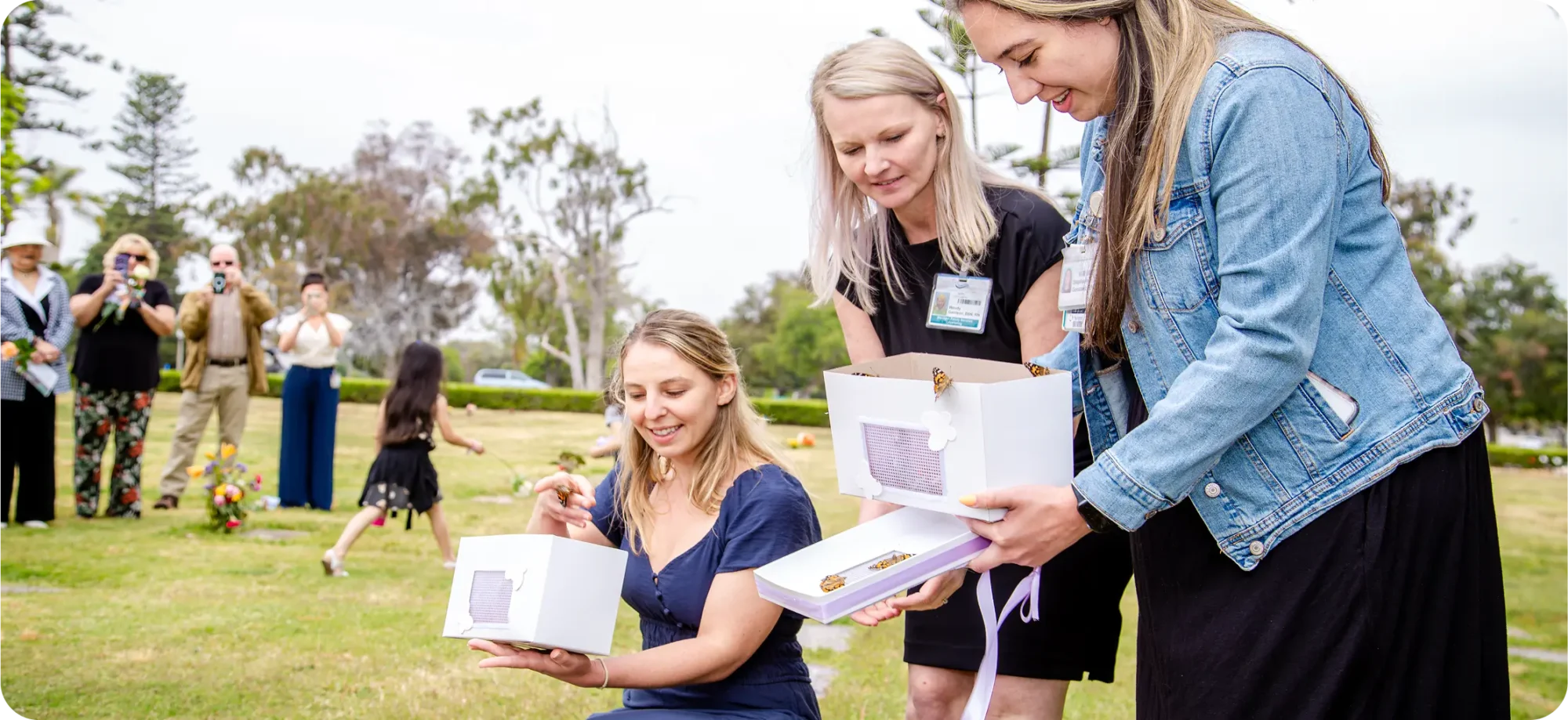
Hope and healing through tissue donation
Lifesharing has been San Diego’s trusted leader in tissue donation for decades. We offer local families the opportunity to donate their loved one’s tissues and corneas at the end of life.
Our longstanding partnerships with local hospitals ensure that grieving families do not receive donation requests from multiple groups. We collaborate with the San Diego Eye Bank so we can provide families with a single point of contact.
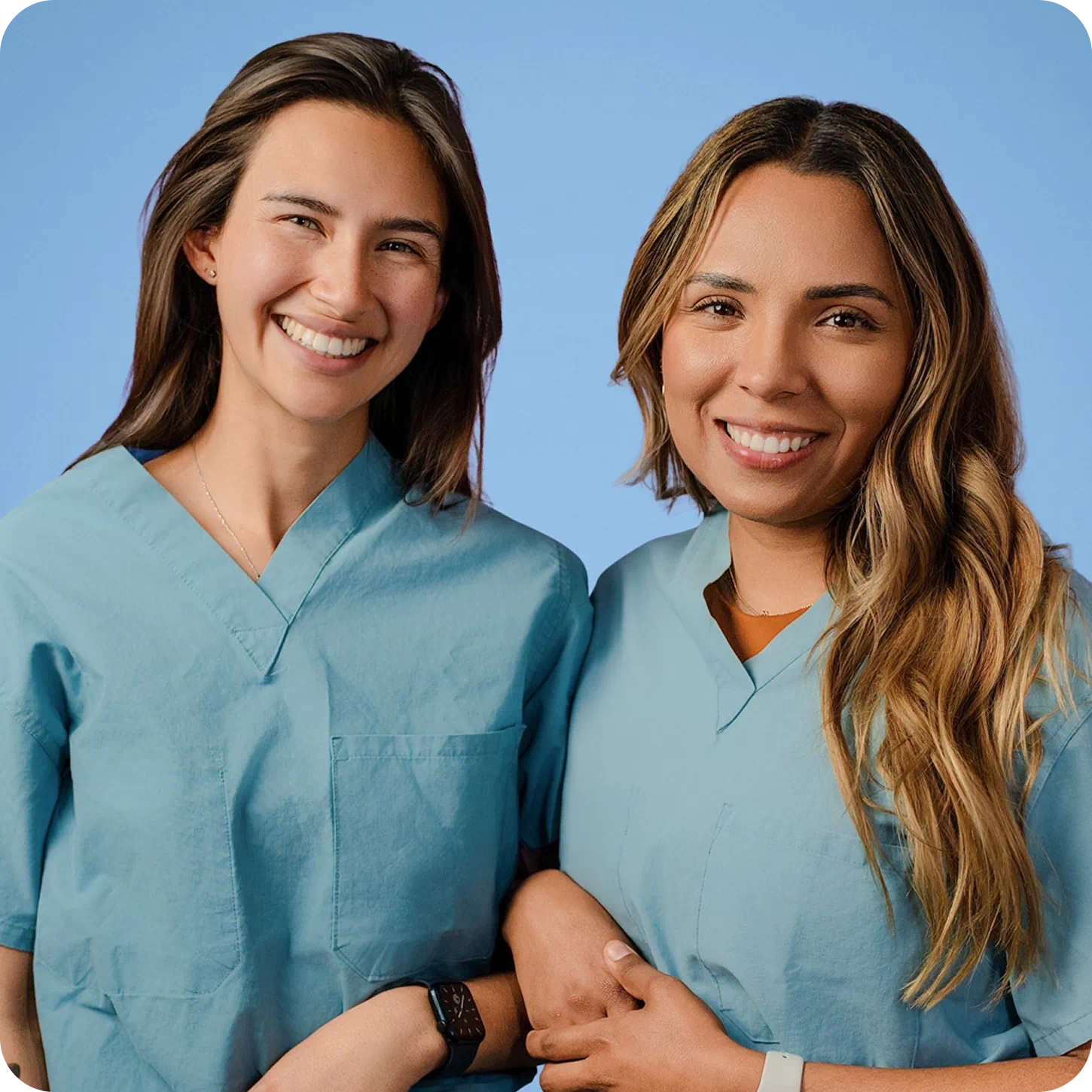
“Tissue donation helps so many people.”
Mireya Tabor (left), Lifesharing tissue technician,with best friend and fellow tissue tech, Mariana Montes
Tissues we help transplant
A single tissue donor can help 100 patients. To see the steps that occur in each of our tissue donor cases, click on the boxes below:
Skin
Helps burn victims and mastectomy patients
Bone
Helps with spinal injuries, knee and hip replacements
Heart Valves
Helps children and babies born with heart defects
Veins
Restore blood flow, help prevent amputation
Corneas
Can restore sight to two people
Tendons
Can rebuild joints, replace damaged ligaments
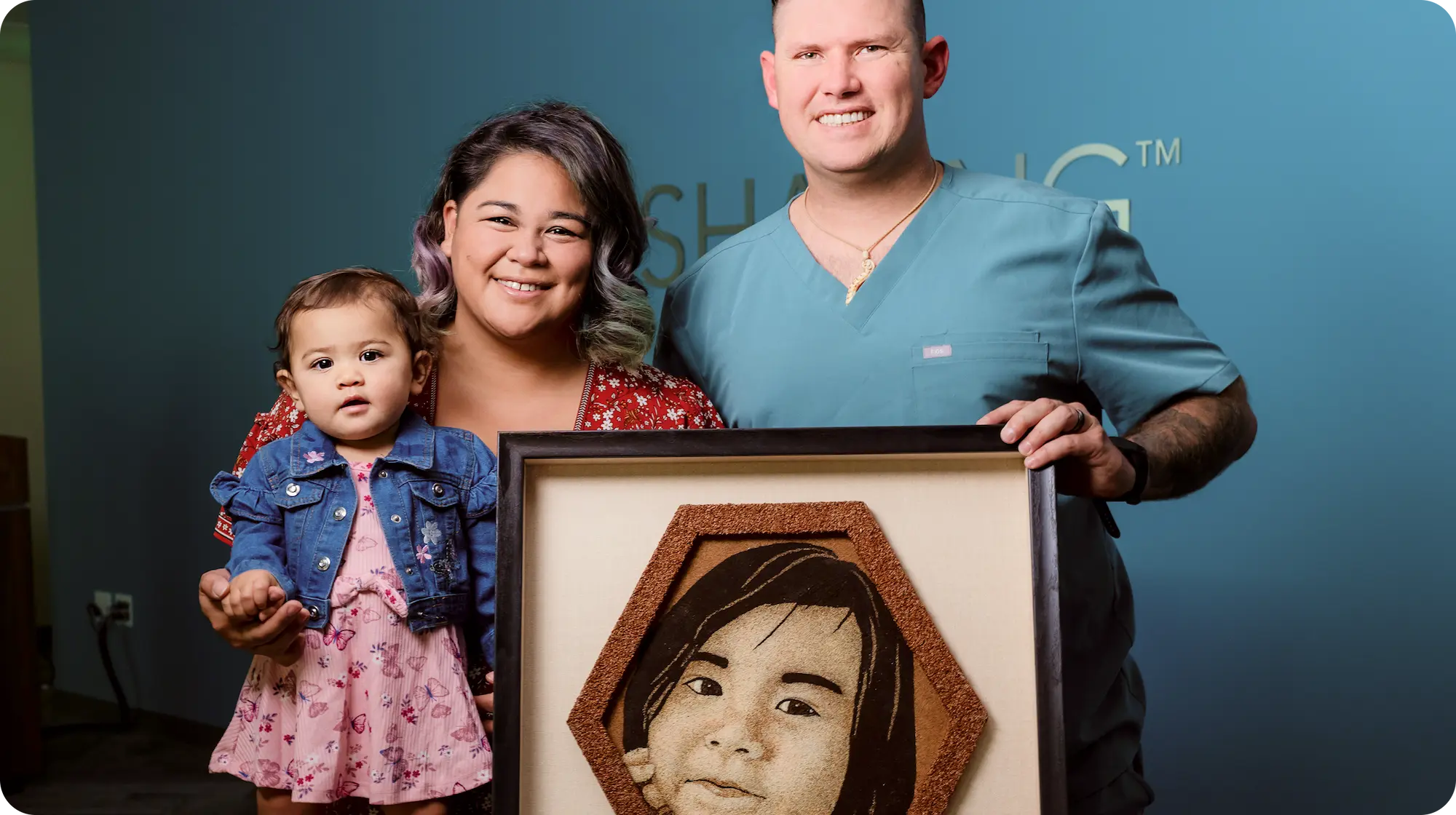
“She’s still seeing the world” (Leia’s corneas were donated to patients in San Diego and Hawaii after she passed away in 2019)
Tihani DolanCharlotte, Tihani and Tim Dolan hold a floral portrait of Leia Parker
The tissue donation process
A single tissue donor can help 100 patients. To see the steps that occur in each of our tissue donor cases, click on the boxes below:
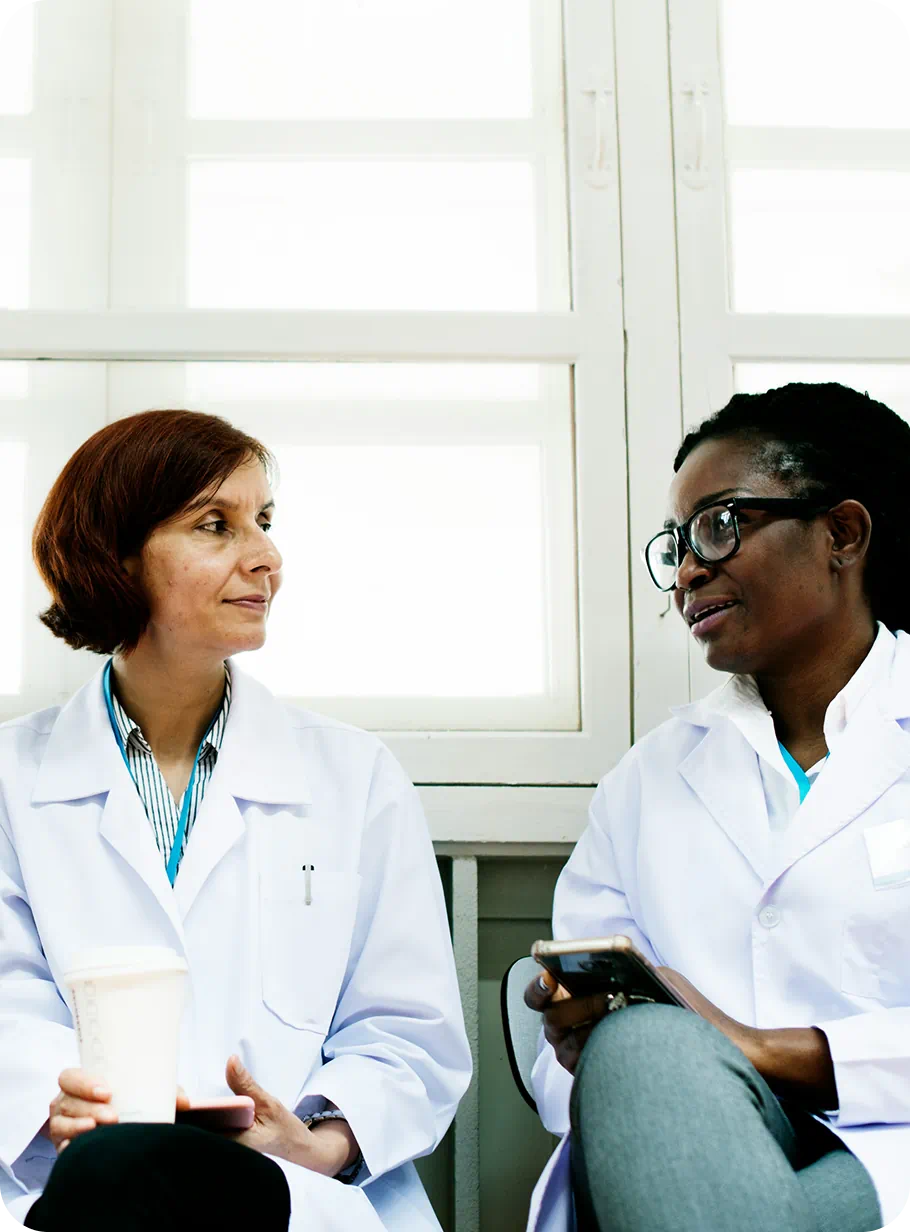
Assessment and authorization
When a death is reported to Lifesharing, our experts will evaluate the patient for tissue donation. We use standards set by the U.S. Food and Drug Administration (FDA), the American Association of Tissue Banks (AATB) and the Eye Bank Association of American (EBAA) when determining donor suitability.
Due to the time-sensitive nature of tissue donation, we typically must contact families within the first 24 hours after their loved one’s death. Our bilingual team members are trained to handle these difficult conversations with the utmost sensitivity and compassion.
We must obtain the donor’s medical and social history from the family before tissue donation can proceed. Specific tissue may be donated and others excluded, based on the wishes of the donor’s family
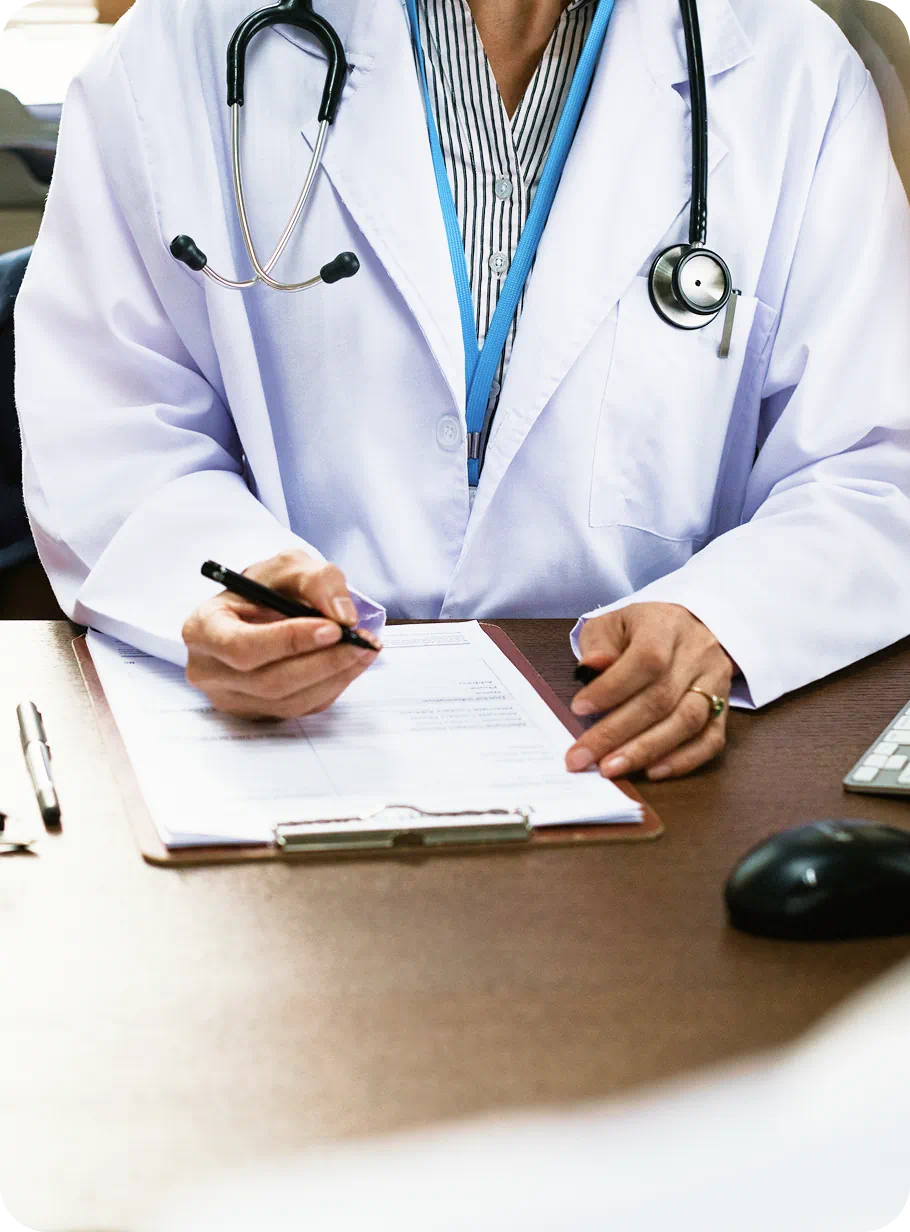
Recovering the gift of tissue
Tissues can be recovered in a way that will not impact open-casket viewing, if that is what the family chooses. We will ask the family about their funeral plans. We also educate local funeral homes about our process.
Lifesharing recovers tissue in a sterile suite, using techniques similar to a surgical procedure. The tissues are then transported to organizations for sterilization and processing, so they can be transplanted into another human being.
A single Lifesharing tissue donor can help heal as many as 100 patients across the country. (Tissue grafts can be stored for an extended period of time.)
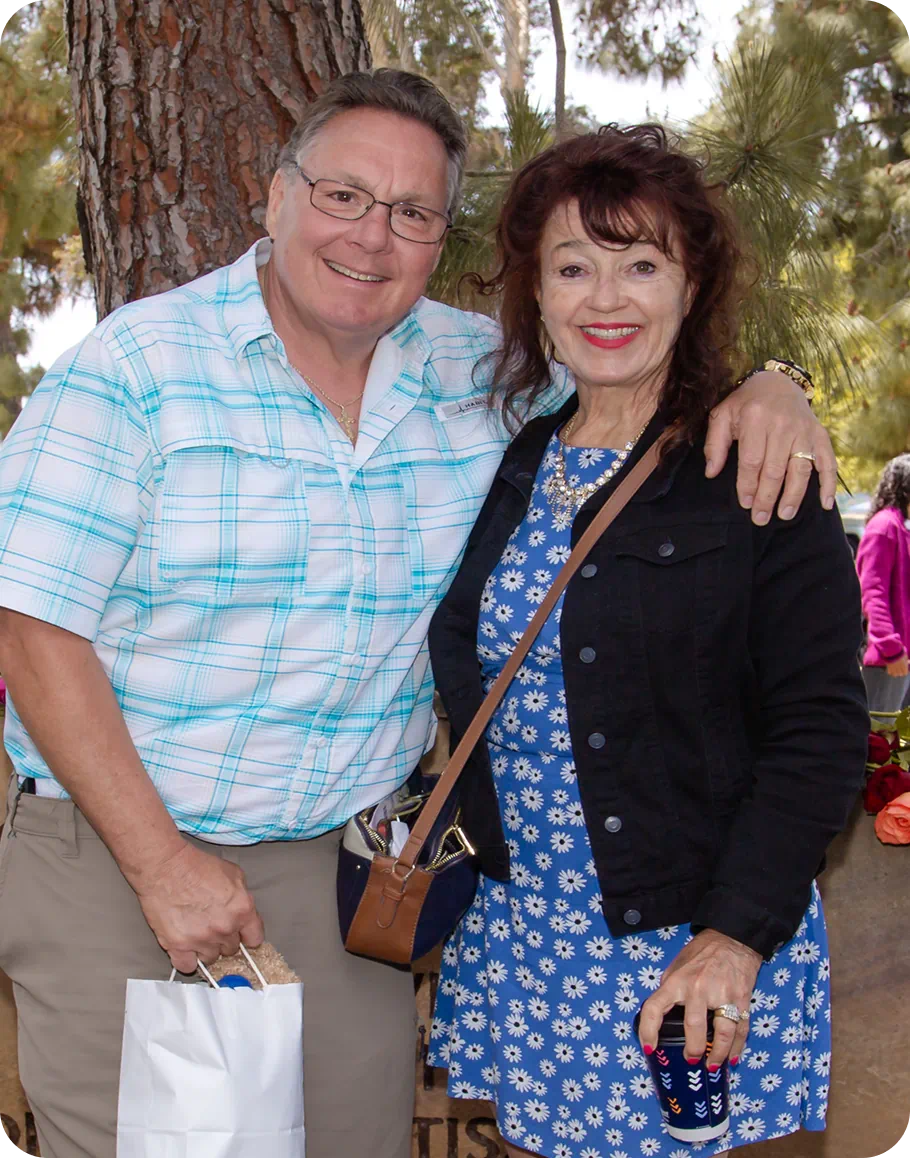
We support donor families post donation
The families of organ and tissue donors can choose to receive communication from Lifesharing after donation is completed. We offer many opportunities for families to honor their loved ones.
Helping doctors heal their patients
In addition to recovering tissues for transplantation, Lifesharing operates a licensed tissue bank at its location in the Mission Valley neighborhood of San Diego. Our tissue bank supplies local and regional doctors with tissue grafts for surgeries and other procedures. Occasionally, we will receive requests from physicians as far away as Northern California and Nevada.
Lifesharing’s tissue bank is subject to regulation at the state and federal level:
- Registered with the FDA
- Licensed by the California Department of Public Health
- Accredited by the American Association of Tissue Banks (AATB)
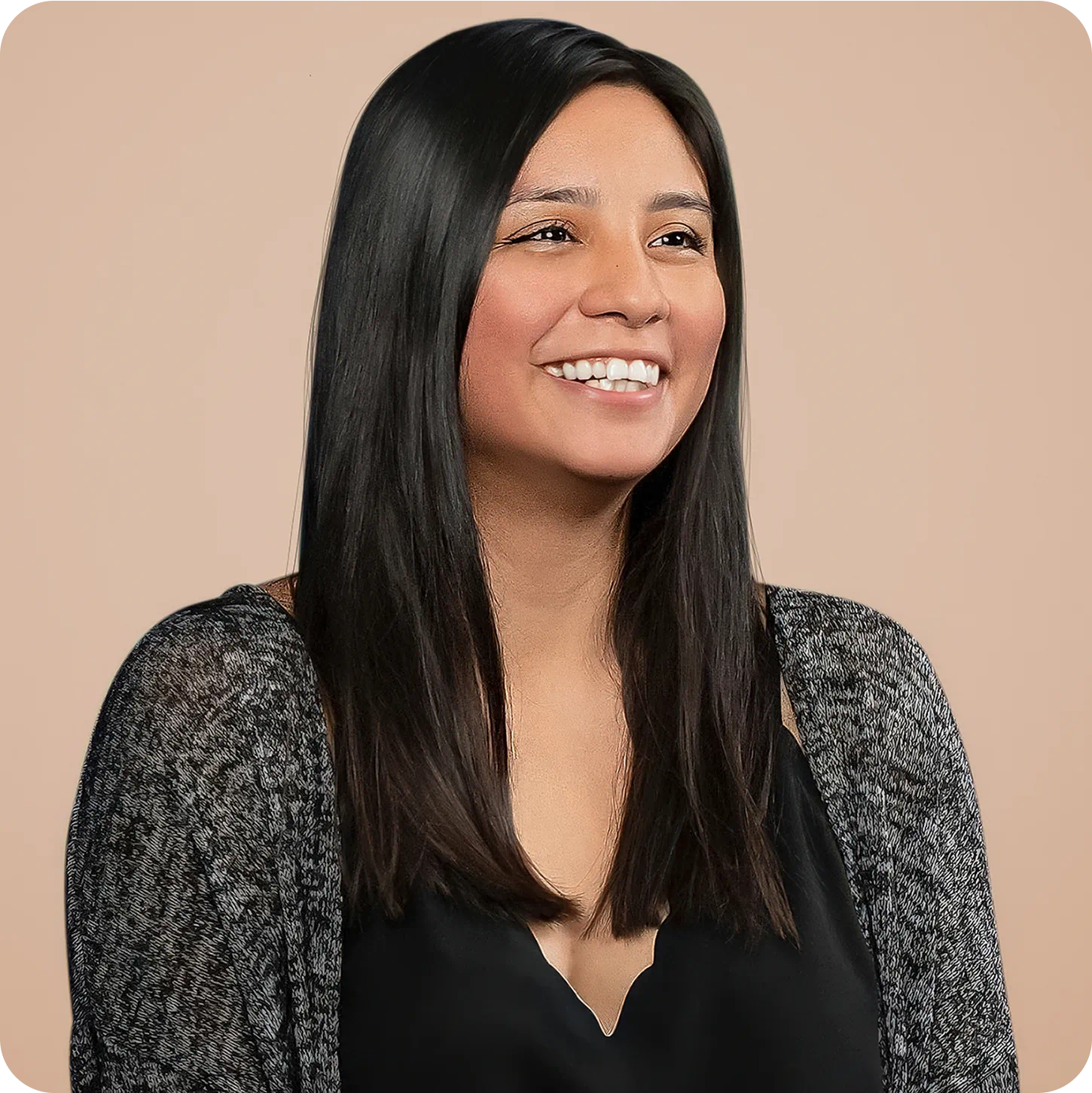
“There is no age limit for tissue donation. Believe it or not, we have recovered tissues from donors who were 100 years old.”
Zara FloresLifesharing Technical Supervisor